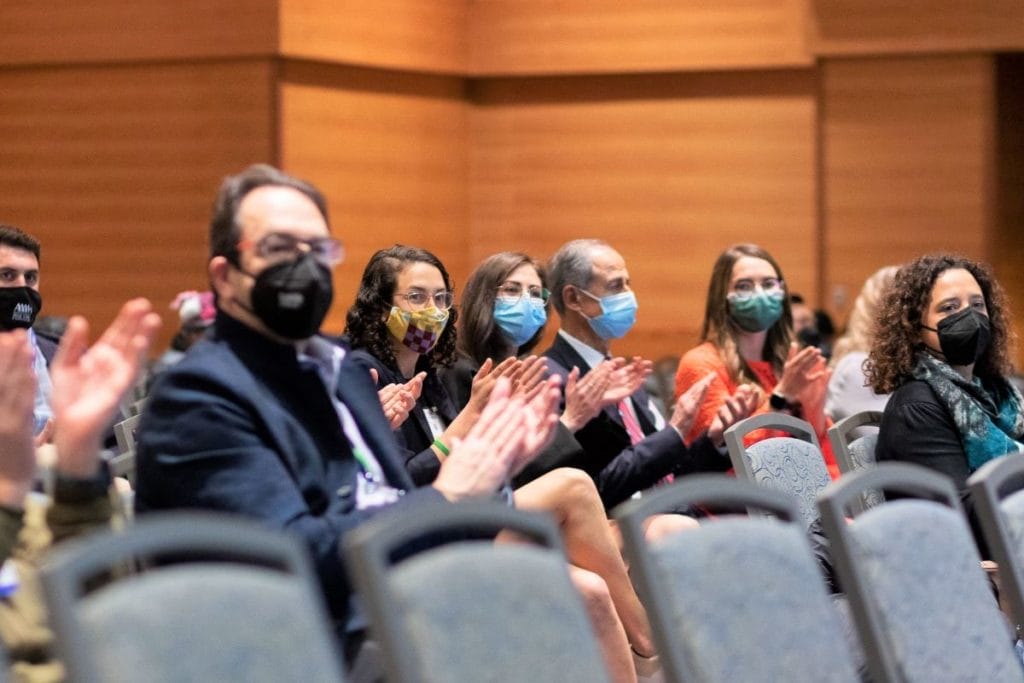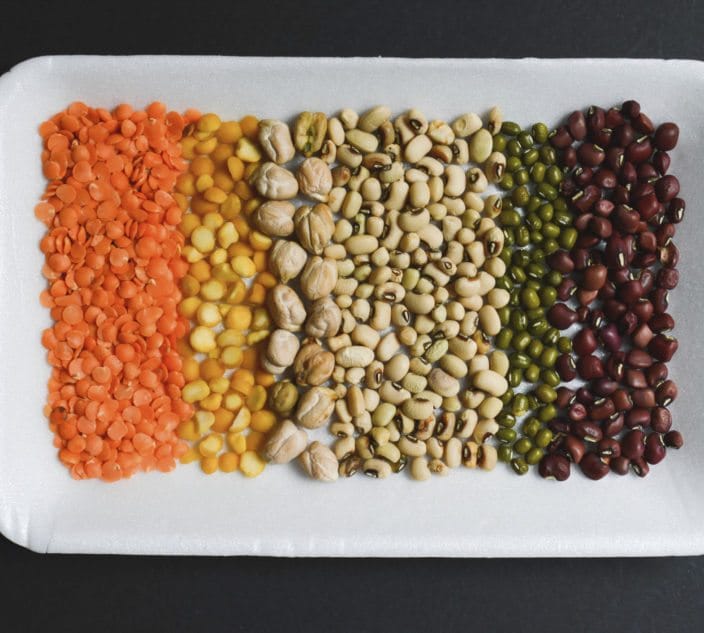
EoE patients on the biologic drug dupilumab in a Phase 3 trial showed significant symptom improvement by six months of therapy. Fifty-nine percent, in fact, achieved disease remission compared to 6 percent in the placebo group, according to the trial data presented at the 2022 AAAAI allergists’ meeting.
This is the second successful part of the Phase 3 study of dupilumab (the brand Dupixent) in eosinophilic esophagitis (EoE). In this larger trial, 159 teen and adult patients were divided into two groups and given weekly injections of either 300 milligrams of dupilumab or placebo. The full trial lasted 52 weeks.
The study showed “statistically significant, clinically meaningful improvements in the symptoms in adults and adolescents … with a greater proportion of patients reaching histological remission,” said Dr. Marc Rosenberg, director of the division of allergy and immunology at Cincinnati Children’s Hospital Medical Center. In a pre-recorded session, Rosenberg, a longtime EoE expert, presented the data on behalf of the research team.
EoE is a form of food allergy characterized by an elevated level of white blood cells called eosinophils in the patient’s esophagus. This leads to inflammation, narrowing and damage to the esophagus. One of the key symptoms in EoE is dysphagia, or difficulty swallowing solid foods.
Participants in the study group receiving dupilumab reported an almost 24 percent improvement in dysphagia symptoms on a scientific questionnaire. That was a notable 10 points better than the placebo group’s reported improvement. There were no serious adverse events in the study.
Hopes for FDA Approval
The allergic disease affects about 160,000 Americans, and evidence suggests EoE’s prevalence is growing. One of the reasons for interest in a biologic treatment is that 30 to 40 percent of patients are not finding adequate disease control with standard treatments. Those include food elimination diets, swallowed corticosteroids or proton pump inhibitors (antacid medications).
Current treatment methods “present adherence challenges and may offer suboptimal long-term disease control,” Rosenberg said in his presentation to a full room of allergists and other healthcare professionals.
There is no current FDA-approved therapy for EoE. “There is excitement in the community that dupilumab could become the first with approval,” said Mary Jo Strobel, executive director of the American Partnership for Eosinophilic Disorders (APFED). [Update: on May 20, 2022, the FDA approved dupilumab for EoE for patients age 12 and over. Read our Q&A.]
Sanofi and Regeneron Pharmaceuticals plan to apply for FDA approval of Dupixent for EoE in the next year. The therapy would be indicated for those over age 12 with EoE that does not respond to the standard treatments. However, researchers say more detailed analysis of endoscopic results from the Phase 3 study will be the next step before approval steps are taken.
Dupilumab is already approved in inflammatory conditions such as moderate-to-severe eczema and moderate-to-severe asthma.
Related Reading:
Some Adults with EoE Allergy Can Just Cut Milk, Instead of 6 Foods
Allergy News: Dupilumab in Asthma and EoE, Targeted Asthma Inhalers





